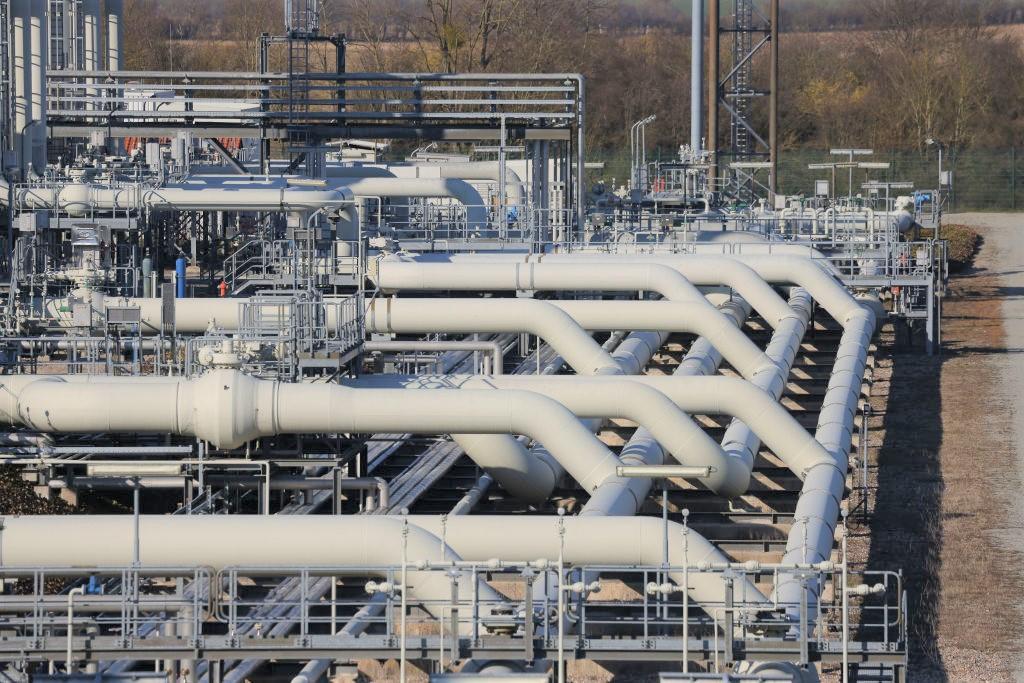European natural gas prices rose on June 20, building on last week’s sharp rally as Russia’s supply cuts drove concerns about critical shortages and rationing.
The European benchmark for natural gas, the Dutch TTF front-month gas futures contracts, rose about 4.2 percent to 122.7 euros ($129.30) per megawatt-hour as of 7:26 p.m. on June 20 in Amsterdam, ICE data show.





